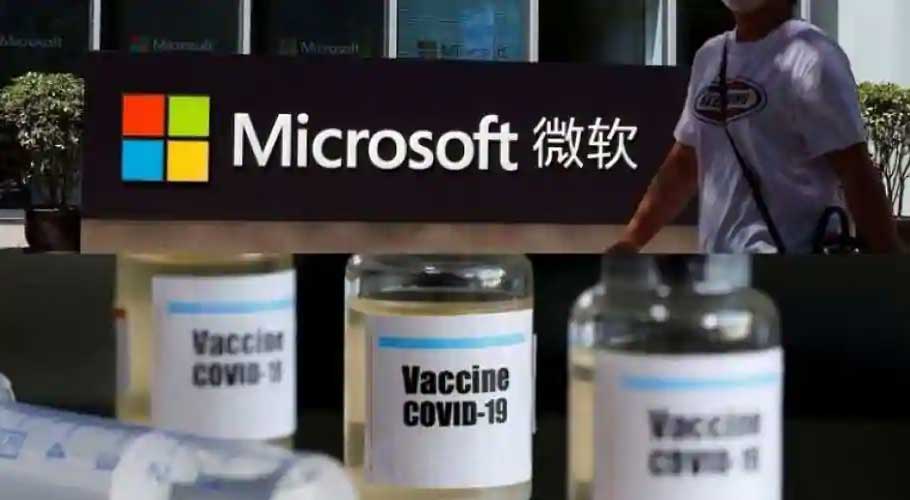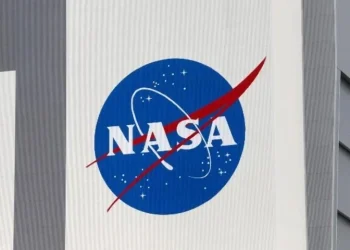WASHINGTON: Microsoft has revealed that it has detected attempts made by hackers backed by Russia and North Korea to steal valuable data from leading pharmaceutical companies involved in the COVID-19 vaccine development efforts.
The technology giant, in a blog post, informed that the attacks targeted seven companies in the U.S., Canada, France, India and South Korea. The company blocked majority of the attacks, but Microsoft acknowledged that some were successful.
The company declined to disclose which vaccine researchers had been targeted but noted that they included clinical research organizations running vaccine trials and one that has developed a COVID-19 test.
“We think these attacks are unconscionable and should be condemned by all civilized society,” said Tom Burt, Microsoft’s customer security and trust chief.
The technology giant blamed the attacks on three distinct hacker groups. The Russian group, which Microsoft calls Strontium but is better known as APT28 or Fancy Bear. It may be best known for its disinformation and hacking operations in the run-up to the 2016 presidential election.
The other two groups are backed by the North Korean regime, one of which Microsoft calls Zinc but is better known as the Lazarus Group, which used targeted spearphishing emails disguised as recruiters in an effort to steal passwords from their victims.
However, little is known about the other North Korea-backed hacker group, which Microsoft calls Cerium. “The group also used targeted spearphishing emails masquerading as representatives from the World Health Organization,” Burt added.
This is the latest effort by hackers trying to exploit the COVID-19 pandemic for their own goals. Earlier this year, the FBI and Homeland Security warned that hackers would try to steal coronavirus vaccine research.
The coronavirus pandemic is expected to get much worse during the winter, as the number of deaths and infection cases continue to rise around the world. Earlier On November 9, Pfizer announced its vaccine had a 90% effective rate during its trial period.





































